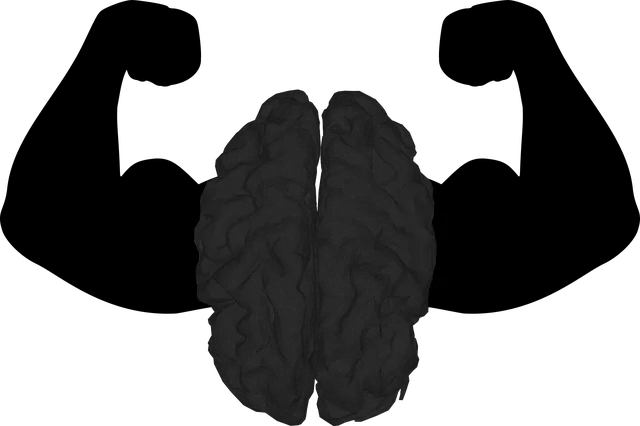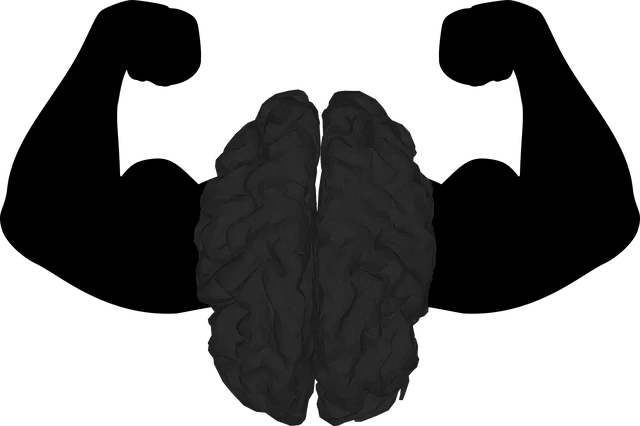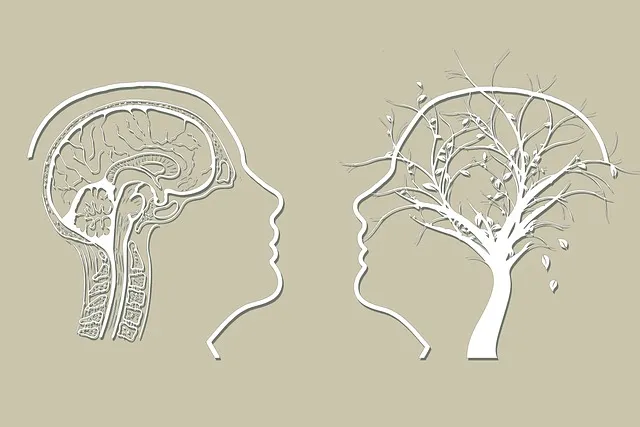The Kaiser Permanente mental health center in Parker offers a holistic approach to stress management, addressing common stressors like work pressure and financial worries through techniques like mindfulness meditation, CBT, and relaxation methods. Reviews highlight the center's role in teaching depression prevention, risk management planning, and self-awareness exercises. By integrating practices into daily routines, individuals build resilience, enhance emotional regulation, and improve overall well-being, with professional guidance fostering sustainable mental health.
Stress management techniques are essential tools for navigating today’s demanding world. This comprehensive guide explores various aspects of stress, from identifying common causes and their impact on our well-being, to highlighting the valuable role of institutions like the Kaiser Permanente Mental Health Center in Parker, known for its exceptional stress management education. We’ll uncover effective strategies, including relaxation practices, and build resilience for long-term stress mitigation.
- Understanding Stress: Unraveling Common Causes and Effects
- The Role of Kaiser Permanente Mental Health Center in Stress Management Education
- Effective Stress Management Techniques: A Comprehensive Overview
- Integrating Relaxation Practices into Daily Routines
- Building Resilience: Strategies for Long-Term Stress Mitigation
Understanding Stress: Unraveling Common Causes and Effects

Stress is an inevitable part of life, but understanding its origins and impacts is key to effective management. According to reviews from the Kaiser Permanente mental health center in Parker, common stressors can range from work pressures and financial worries to personal relationships and significant life changes. These triggers often lead to both physical and psychological symptoms, including increased heart rate, insomnia, anxiety, and even depression.
The effects of chronic stress can be profound, impacting overall well-being and quality of life. This is where mental health professionals play a crucial role in teaching Depression Prevention techniques and Risk Management Planning to help individuals cope. By fostering Self-Awareness Exercises, these experts enable people to identify their personal stressors and develop strategies to navigate them, ultimately enhancing resilience and promoting mental health.
The Role of Kaiser Permanente Mental Health Center in Stress Management Education

The Kaiser Permanente Mental Health Center in Parker stands as a beacon of hope and support for individuals seeking stress management education. This esteemed center is renowned for its comprehensive approach to mental well-being, offering a wide array of services designed to empower people with effective coping strategies. Through various programs, workshops, and counseling sessions, the center imparts valuable knowledge on managing stress, anxiety, and even depression prevention.
In addition to its primary focus on mindfulness meditation as a core technique, Kaiser Permanente’s expert professionals conduct risk assessments for mental health professionals, ensuring that individuals not only learn to manage their own stress but also understand the potential risks and challenges in this field. These reviews and assessments contribute significantly to the overall growth of mental health services, fostering an environment where both clients and practitioners can thrive.
Effective Stress Management Techniques: A Comprehensive Overview

Stress management techniques have evolved to include a comprehensive array of tools designed to help individuals navigate life’s challenges with resilience and well-being. At the Kaiser Permanente mental health center in Parker, professionals emphasize the importance of understanding and addressing stress at its root cause. This involves a multi-faceted approach that combines various strategies, such as mindfulness meditation, cognitive behavioral therapy (CBT), and relaxation techniques.
One effective technique gaining traction is mindfulness meditation, which encourages individuals to focus on the present moment without judgment. This practice has been shown to reduce symptoms of mental illness and lower stress levels by fostering a sense of calm and clarity. In addition, Kaiser Permanente’s commitment to Mental Illness Stigma Reduction Efforts plays a pivotal role in promoting open conversations about stress and mental health, further empowering individuals to seek support and implement healthy coping mechanisms into their daily lives.
Integrating Relaxation Practices into Daily Routines

Integrating relaxation practices into daily routines is a key aspect of stress management taught at Kaiser Permanente mental health centers in Parker, as reviewed by many satisfied patrons. Techniques such as mindfulness meditation and deep breathing exercises not only help to reduce immediate stress but also promote emotional regulation over time. By dedicating just a few minutes each day to these practices, individuals can cultivate inner strength and develop resilience against burnout.
Regular engagement with relaxation techniques allows for a moment of pause amidst the chaos of daily life. This pause enables better emotional responses to stressful situations, enhancing one’s ability to navigate challenges effectively without becoming overwhelmed. At Kaiser Permanente, mental health professionals emphasize that consistent practice is more valuable than sporadic, intensive sessions. Incorporating these practices into established routines fosters sustainability and ensures emotional well-being becomes a priority in the long term.
Building Resilience: Strategies for Long-Term Stress Mitigation

Building resilience is a key strategy for long-term stress mitigation, as recommended by experts at Kaiser Permanente mental health center reviews Parker. By fostering mental fortitude, individuals can better navigate challenging situations and maintain emotional balance. This involves developing coping mechanisms that promote self-esteem improvement and enhance one’s ability to adapt to stressors. Engaging in regular exercise, practicing mindfulness techniques, and cultivating supportive social connections are effective ways to build resilience.
Moreover, communication strategies play a crucial role in stress management. Open dialogue with peers, family, or mental health professionals can help individuals process their feelings and gain new perspectives on stressful situations. Mental health policy analysis and advocacy also contribute to long-term mitigation by ensuring access to comprehensive resources and support systems. By combining these approaches, individuals can create a robust framework for managing stress effectively over time.
Stress management is a valuable skill, and the Kaiser Permanente Mental Health Center in Parker has been instrumental in empowering individuals to take control of their well-being. By understanding the root causes and impacts of stress, as discussed in this article, one can effectively employ various techniques, such as relaxation practices and resilience building, recommended by professionals at the center. Integrating these strategies into daily life can lead to significant improvements in overall mental health and quality of life. So, whether you’re seeking relief from everyday pressures or aiming for long-term stress mitigation, these comprehensive insights serve as a solid starting point for your journey towards a calmer mind.






